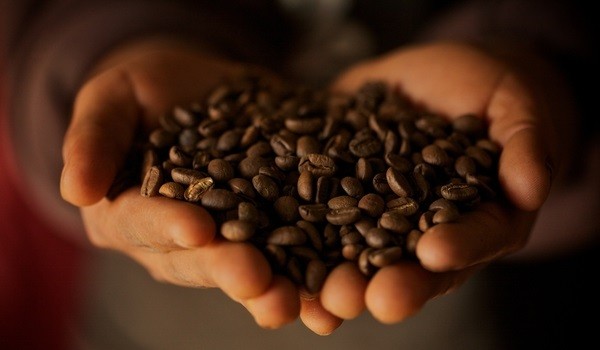The Fairtrade Foundation and Fairtrade Africa are launching a three-year program designed to empower and increase coffee ownership among female farmers in Kenya.
The groups are working with a nearly €390,000 (approximately $460,000) from U.K.’s Big Lottery Fund, as well as additional funding from Guernsey Overseas Aid Commission.
The Fairtrade Foundation says women in Kenya often contribute the majority of the labor in planting, growing and harvesting coffee, but rarely do they own the plants. A primary goal of the program is to put ownership and income into women’s hands.
“When women are in control of more household income, there are improved outcomes in areas such as health, education and investments,” the Foundation announced earlier this week.
The program will begin by transferring coffee plant ownership to 150 female farmers in the Kapkiyai Cooperative who have never had previous income. An additional 300 women within the Kabngetuny Cooperative who have already benefitted from a similar asset-transfer program will receive training on agricultural practices to increase yield and quality. They will also receive “green energy” biogas units for their homes, which can reduce smoke exposure and minimize time collecting firewood.
Additionally, Fairtrade Africa will work with Kipkelion Union — an umbrella group that brings together 32 cooperatives, including Kapkiyai and Kabngetuny — to develop and market a branded women’s coffee for sale in the domestic market.
Fairtrade Foundation Fundraising Manager David Finlay says the program will directly affect hundreds of farmers, with the potential to benefit thousands more. He says, “By working with the women in these co-operatives to roast, grind, package and sell their beans as ‘women’s coffee,’ we hope they will be able to increase the amount they sell on Fairtrade terms, which will bring benefits for their whole community.”
Local partners involved in the project delivery include Solidaridad Eastern and Central Africa Expertise Center (SECAEC) and Kenya National Federation of Agricultural Producers (KENFAP).
Nick Brown
Nick Brown is the editor of Daily Coffee News by Roast Magazine.







Comment